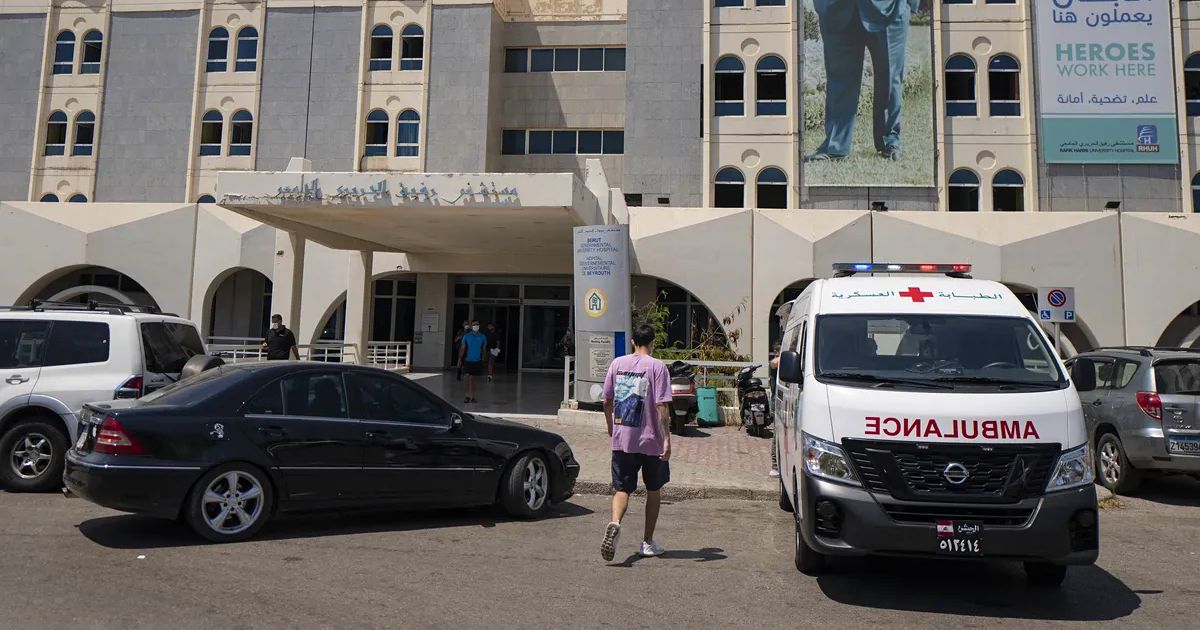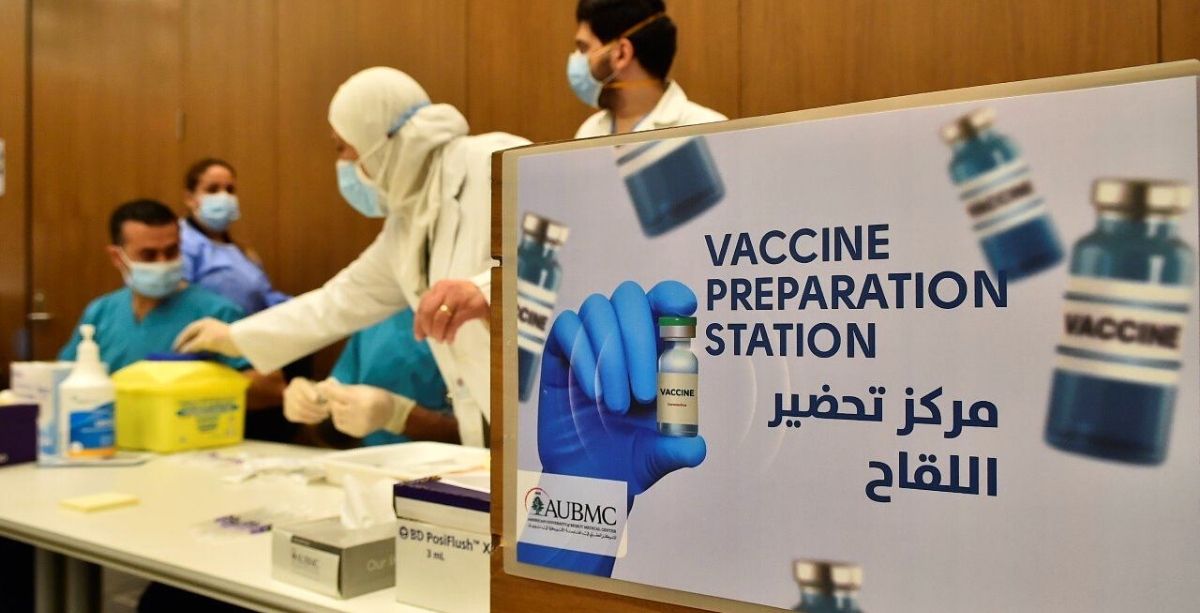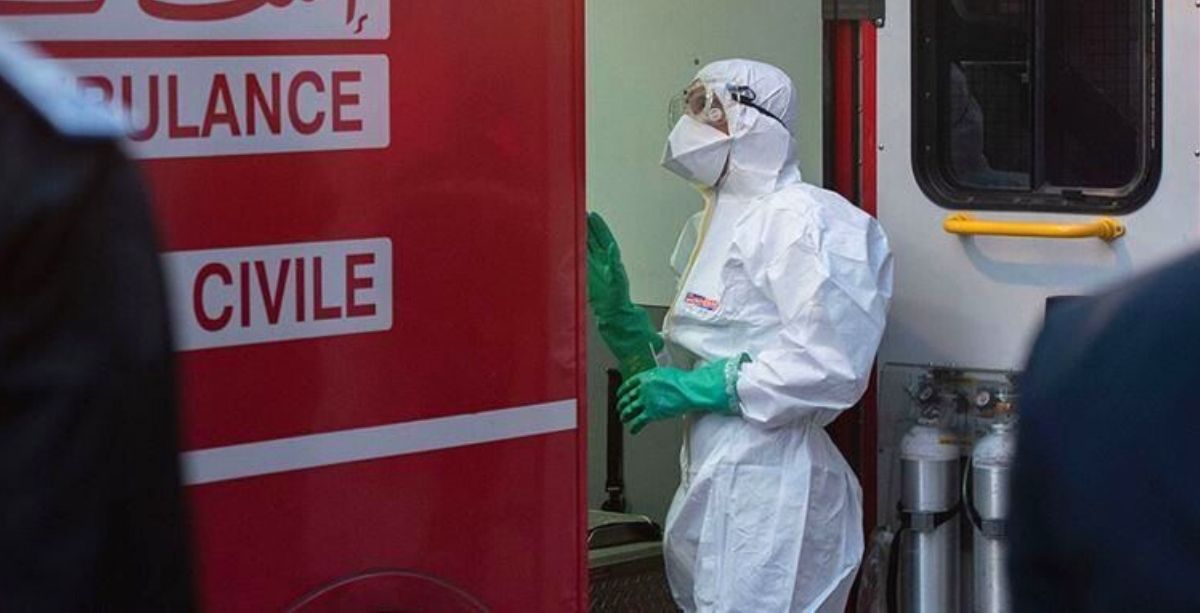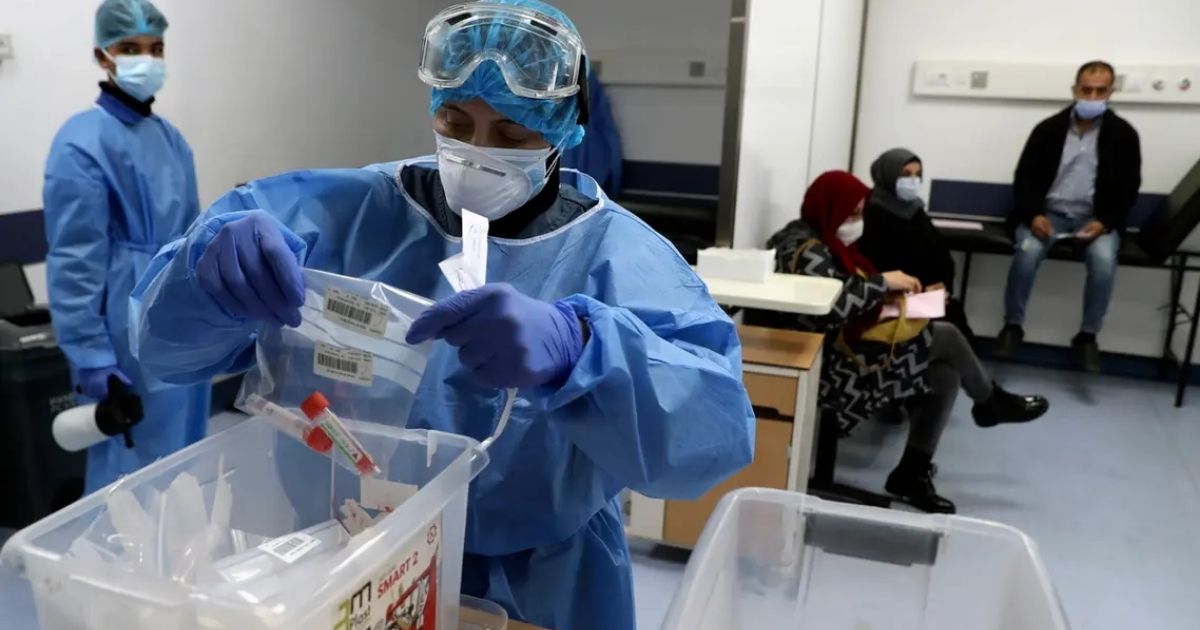The Global Health Institute (GHI) at the American University of Beirut (AUB) addresses global health challenges with a focus on context and sustainable impact by employing an interdisciplinary approach.
The primary focus of GHI are challenges affecting the MENA region with relevance to and impact on other regions in the Global South.
GHI is the regional leader and a key partner in defining and addressing the global health agenda, especially components relevant to the MENA region and other regions in the Global South.
For its part in addressing the Coronavirus spread across Lebanon, GHI generated a graph: The Institute’s digital response to COVID-19.
“This interactive graph shows that Lebanon is doing relatively well, even when compared to much better-prepared countries that have a similar population size,” (like Norway and Denmark) Postdoctoral Research Fellow Dr. Zahi Abdel Sater asserts.
The graph shows the total number of cases in Lebanon since the index case (first case identified) compared to the other countries in the graph. And although lockdown is essential, Dr. Abdel Sater insists: “It’s still to be seen if it will be effective.”
The graph is generated according to the following:
- Each line represents a country
- Y-axis represents the total number of confirmed cases
- X-axis represents the days since the index case (first case in each country)
- Line color represents the new cases in each day.
People accessing it can select the country or countries of interest on the right of the graph. It was developed using Gapminder software, and the source of data is the World Health Organization.
GHI also generated a graph based on the normalized data: per million population. “There are many variables to factor in when thinking about this graph,” according to Dr. Abdel Sater.
He stresses there are no official numbers for COVID-19 testing in Lebanon, and that surveillance systems are different in different countries, which affects detection of cases. He also stressed that undetected cases is a major issue for COVID-19 around the world, as well as the overall willingness of potentially affected people to report their symptoms which varies by country.
Applauding this initiative, Lebanon’s Ministry of Public Health also shared the graph on their official Twitter account, and the post has been shared over 600 times since.
It is important in these difficult times that we do not panic, but rather that we exemplify the true meaning of solidarity, supporting our government efforts, and that we critique and give credit where credit is due.
In a public statement on his official Twitter page, and in sharing the graph, President of AUB, Dr. Faldo Khuri, hoped that “that increasing social distancing… including government, universities, businesses, and media, are advocating, continues to yield results.”
AUB’s Global Health Institute now also shares daily highlights about the Coronavirus across all its social media platforms. A link to the official web page which will be updated can be found here.












